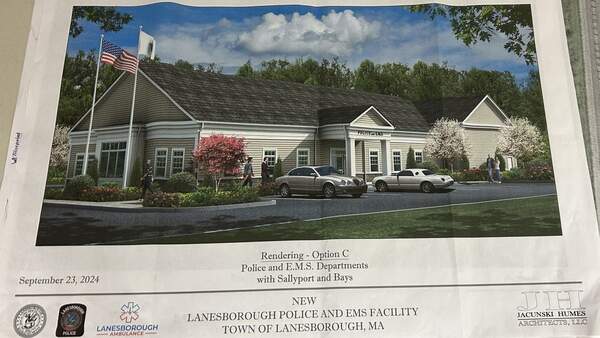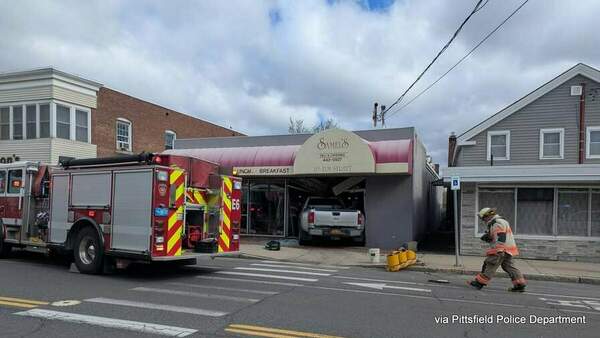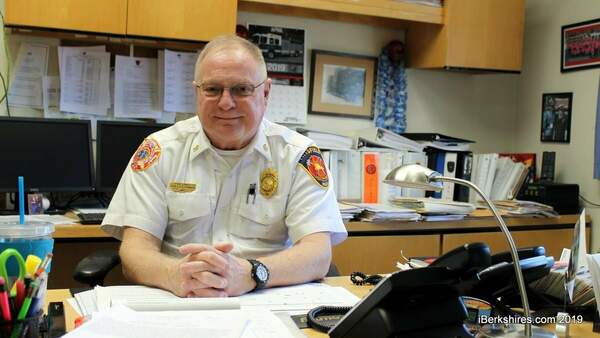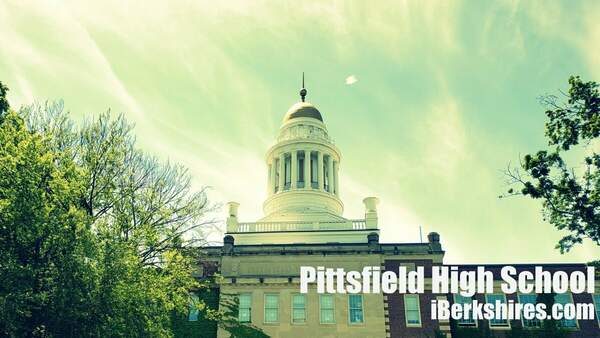Governor Files Supplemental Budget to Close Fiscal Year
BOSTON — Governor Maura Healey filed a supplemental budget to balance the state's Fiscal Year 2024 (FY24) budget and close critical funding gaps for public health, substance use treatment and education, while also building key reserves.
The bill allocates $714 million in gross spending, at a net cost to the state of $149 million after offsets, to pay for time-sensitive FY24 budget deficiencies. It also invests $590 million in the state's future stability by making deposits in reserve accounts and streamlines policy implementation through technical improvements to existing statutes.
"The supplemental budget will further our efforts to make life more affordable for people in Massachusetts – from child care to school meals to rent – while also advancing our clean energy economy, supporting public health hospitals, and improving our communities' ability to respond to disasters," said Governor Maura Healey. "We're grateful for the Legislature's partnership to lower costs, grow our economic competitiveness, and ensure a balanced and responsible budget."
In FY24, the voter-approved Fair Share surtax generated $1.2 billion in excess revenues beyond what was budget by the administration and Legislature, while all other revenue came in $233 million below revised projections. With this bill, the administration proposes to strategically allocate $225 million of that surtax excess to support education and transportation initiatives such as Commonwealth Cares for Children (C3) grants, universal school meals and MassDOT operations. This will help close the non-surtax revenue gap and is in line with how the administration and Legislature have chosen to use surtax revenues in Fiscal Year 2025.
This bill also proposes a limited amount of new spending critical to protecting public health and advancing the state's climate and clean energy goals. This includes an additional $10 million for the Massachusetts Clean Energy Center, $400,000 for mosquito spraying and $11 million to seed the new Disaster Relief and Resiliency Fund. The deposit in the disaster relief fund would ensure immediate access to funding in Fiscal Year 2025, if necessary, and supplement the $14 million earmarked through consolidated net surplus at the end of the year. The bill also includes critical and time sensitive provisions related to clean energy siting, permitting and procurement.
Additionally, this budget bill would pay for all newly ratified collective bargaining agreements, provide $2.5 million for iLotterystart-up costs and put $10 million toward the Massachusetts Life Sciences Center.
The largest cost covered by the supplement budget would pay for services provided over the past fiscal year by MassHealth. The bill
directs $565.4 million gross to MassHealth at a net zero cost to the state as a result of available federal reimbursement.
The administration is also proposing to replenish the Transitional Escrow Account, which has proven to be a critical tool to relieving pressures on the budget over the course of a fiscal year. This bill would direct $265 million in excess capital gains to the Transitional Escrow Fund, while still allowing for a $265 million deposit in the Stabilization Fund that will push the balance to approximately $8.8 billion.
This bill also allocates:
-
$46 million for a reserve to cover costs accrued by sheriffs
-
$14 million to support treatment for substance and alcohol use disorder
-
$8.7 million for Universal School Meals
-
$7.3 million for Residential Assistance to Families in Transition (RAFT)
-
$5.1 million for support to public health hospitals
-
$1.3 million for Department of Unemployment Assistance caseload
-
$690,000 for the Chief Medical Examiner
-
$622,000 for the Massachusetts Emergency Management Agency for state match to flood victims
-
$200,000 for National Guard death gratuity benefits and support for military suicide prevention programming
This bill also includes a number of outside sections that provide for some technical corrections and deadline extensions necessaryfor the effective implementation of policy enacted in recent legislation. These include sections amending the HERO Act to allow veterans to receive specialty license plates without paying an additional fee as intended and granting eligibility to tribes in Massachusetts for the Municipal Vulnerability Preparedness program.
Tags: budget,















